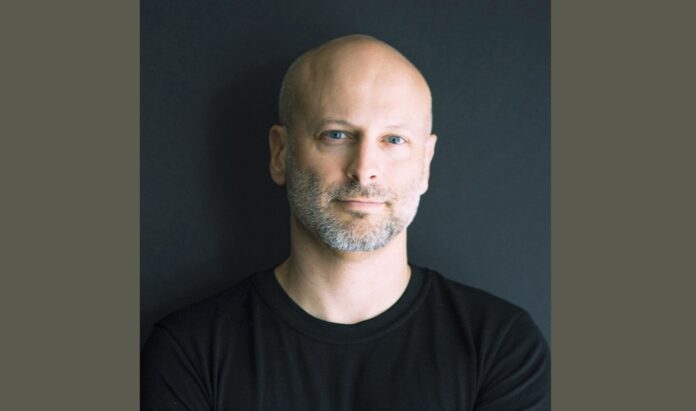Ray Grieselhuber has been working in SEO for a long time – about as long a time as I’ve been working in the field (mid-1990s). He’s the Founder and CEO of, DemandSphere, which specializes in enterprise SERP monitoring for ecommerce SEO teams, both in-house and agency.
Ray has spoken at numerous industry events, including Pubcon, ad:tech Tokyo, PR Summit, FOUND Conference SV, FOUND Conf NYC, DATA Conference, and others; he writes frequently and authoritatively on developments in SEO.
As he observes, “2023 was a year that left its mark on the SEO industry in a way that none of us will forget. We saw the juggernaut of AI consume much of the attention in our space. This is because the impact that it has already had on the internet as a whole is profound… Another major factor in SEO was the sheer velocity and impact of Google’s algorithm changes, ranking system updates, new product releases (including SGE), and many changes to SERP layouts.”
Ray gracefully responded to my request for an interview and was quite discursive on many topics of great interest to anyone interested in organic optimization and the future of search engines. These topics include:
- The challenges of accurately monitoring rankings on very large, database-driven sites.
- Why recent algorithmic changes – including the Helpful Content Core Update of March, 2004, tend to affect larger sites less than small sites, due to large sites tending to engage in SEO best practices.
- The challenges faced by large sites with respect to localization issues and limited crawl budgets.
- How “legacy SEO tech debt” often hampers the ability of SEO teams to correct issues which negatively impact search visibility.
- Why it’s often difficult for SEO teams to get internal support and resources for remediation of on-site SEO issues.
- Why SEO teams are often overlooked for budget allocation, with digital PR, content, and social media receiving more attention and funding.
- Why an understanding of the broader visibility universe in which SEO resides is crucial but often missing when funding decisions are made.
- Why SEO is not just about ranking on Google, but about informing search engines and chatbot crawlers about a brand’s products and interactions with the broader universe.
- The suggestion that SEO teams should rebrand themselves as “AI experts,” given that they have likely been dealing with issues such as machine learning and semantical hierarchies more deeply than many other corporate teams.
- The importance of SEO teams understanding AI and its impact on search engine optimization.
- Steps that marketers can take to “future-proof” their SEO efforts.
- The importance of optimizing crawl budget for websites, especially those using frameworks like Next.js, to avoid taxing Google’s finite resources and ensure proper indexing.
- How different teams within larger organizations often have preferences for different content types, such as video or PDFs, which can impact how SEO strategies are developed and implemented.
- Why creating internal infra-organizational alliances is often critical for SEO teams to survive and thrive.
- How specialized search engines and single-result interfaces may become the primary means of searching for information, potentially replacing traditional search engines like Google.


